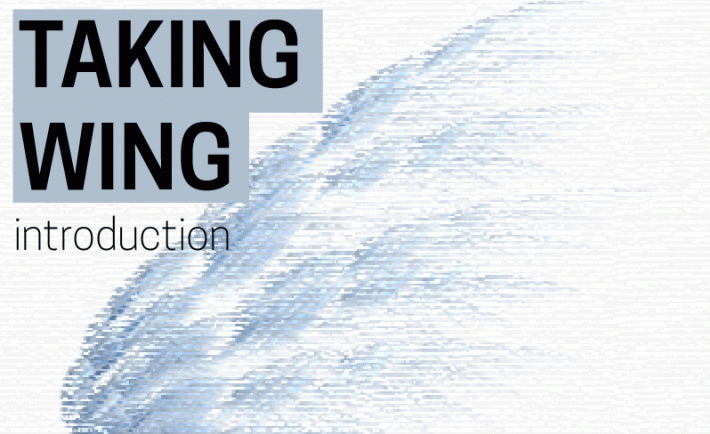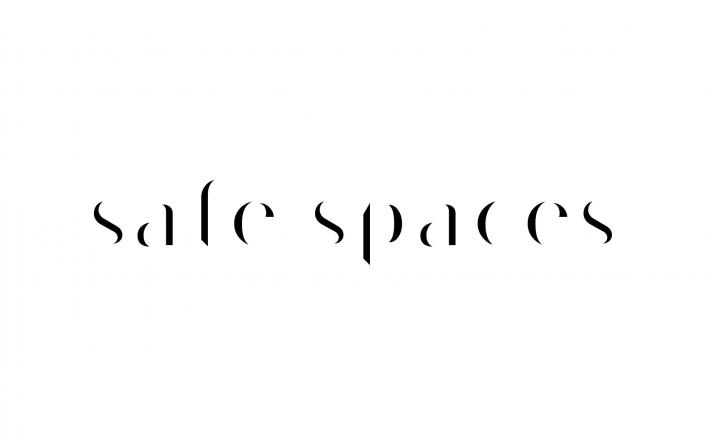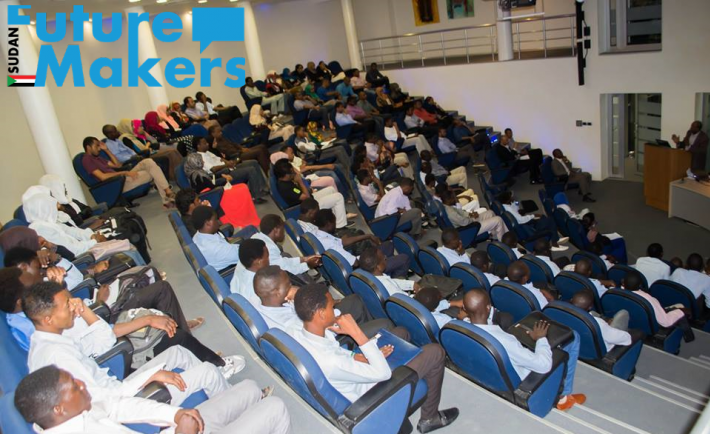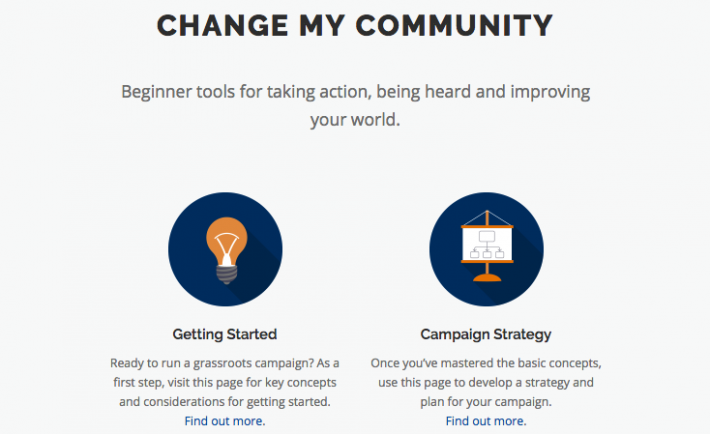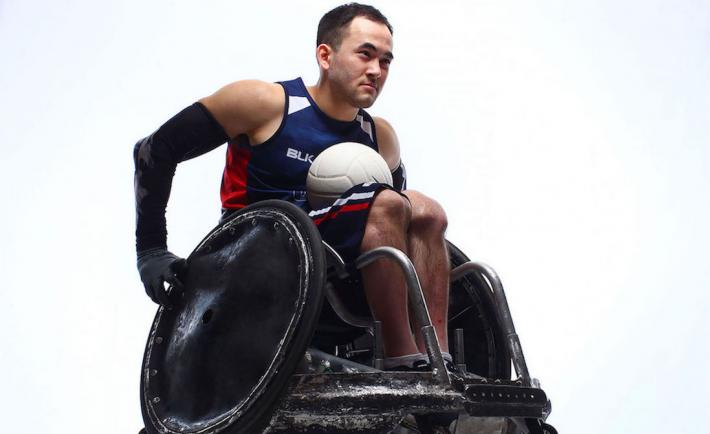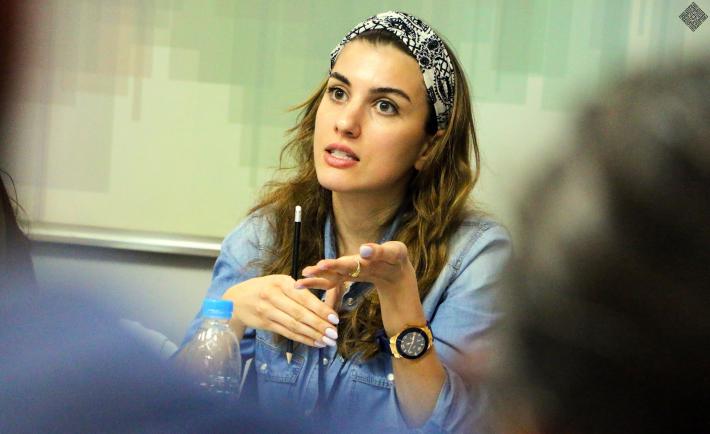For more than three decades, NDI has supported political party youth wings as a means of engaging young people in formal politics. Youth wings are semi-independent bodies within a political party. Although structures differ, most youth wings have an established age for membership (e.g., 16-35), work to initiate young people into party politics and strengthen a party’s ability to address youth-specific policy issues – among other core functions. Organized youth wings, across party systems, are indicative of an important minority of young people trying to satisfy political aspirations through political party involvement. Youth wings can be a source of creativity and dynamism within a political party and are enabled when they have opportunities to shape party policies and participate in decision making.
Taking Wing: Pathways to participation and leadership through youth wings
Politically active young people need safe spaces
In honor of International Youth Day 2018 let’s discuss the importance of safe spaces for youth political agency and participation. Safe spaces can mean formal or informal spaces in which young people feel emotionally and physically safe, and can exist without discrimination for who they are or what they believe. While these spaces are formed for a variety of reasons, creating safe civic and political spaces can help young people securely participate in political processes, interact with political institutions and engage more meaningfully with decision-makers.
My Rights are Your Rights: How one transgender woman in Guatemala is making change
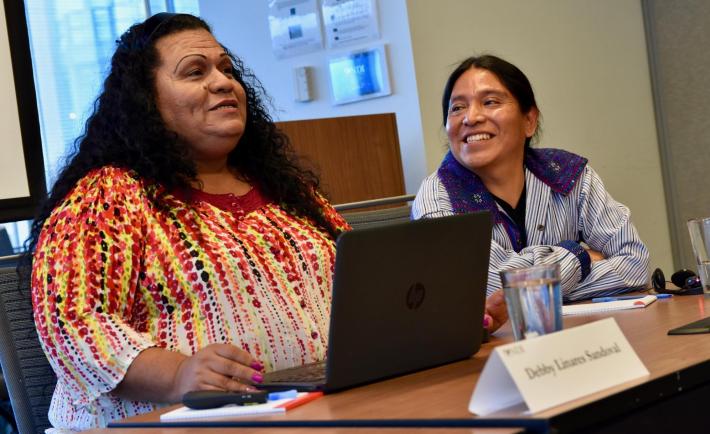
Debby Linares, during her presentation at NDI, with fellow human rights activist, Fernando Us Alvarez.
In the first week of December 2017, I had the chance to meet Debby Linares, a transgender woman and human rights activist from Guatemala, who soon became an inspiration to me on a personal level. Debby, who has been a human rights activist for the past 16 years, advocates for Lesbian, Gay, Bisexual, Transgender and Intersex (LGBTI) rights at the municipal and state level in Guatemala.
NDI Goes to Brussels
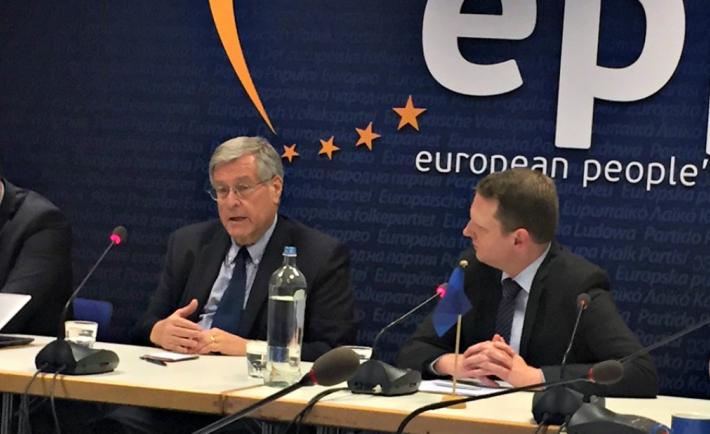
NDI President Ken Wollack addressing leaders of the EPP, ALDE and PES parties at EPP headquarters in Brussels, October 2017
NDI President Ken Wollack visited Brussels this fall to discuss how democracy is faring in Central and Eastern Europe as the region confronts heightened Kremlin involvement, democratic backsliding and rising skepticism over European integration. Among other interlocutors, Wollack met with leaders of the European People’s Party (EPP), the Alliance of Liberals and Democrats in Europe (ALDE), and the Party of European Socialists (PES), plus affiliated think tanks. NDI has affiliation with all three party groups and works with them to support political party development and reform.
The European leaders spoke of combining forces in the former Yugoslavia, Central Europe and Eastern Partnership countries to resolve ongoing partisan conflicts that harm good governance and political consensus. It’s the kind of demonstrable engagement that Europe can make at a time when many countries, both in and outside of the European Union (EU), need democracy booster shots. NDI’s in-country programs and longstanding relations with European political parties across the mainstream spectrum make the Institute a bridge between Brussels and Europe’s eastern reaches.
Roma integrate in one Slovak town—and everyone benefits
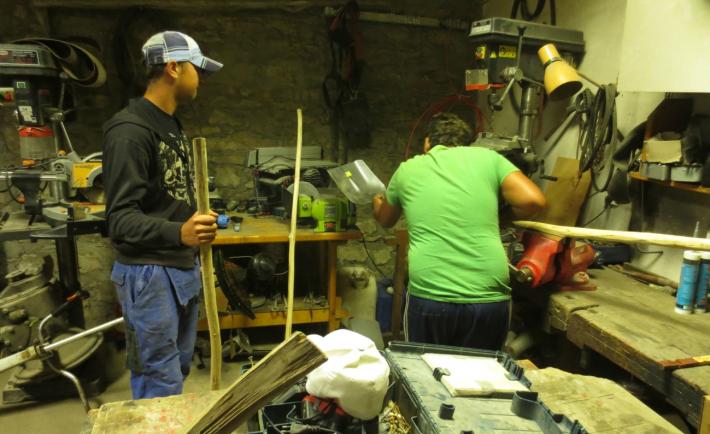
Two Roma employed by the municipal enterprise in Spissky Hrhov, Slovakia, show that the “whole community” approach to democracy and human rights begins at the local level
Like other small towns in this mountainous region of Slovakia, Spissky Hrhov faced tremendous uncertainty in the aftermath of the democratic revolution of 1989 and Slovak independence in 1993. People rejoiced in the overthrow of communism. But with a moribund economic base, no evident means to attract investment, and ethnic divisions, Spissky Hrhov seemed consigned to economic subsistence and social conflict.
For Spissky Hrhov’s sizable number of Roma residents, the situation was particularly dire.
My Dreams for the Sudan Future Makers
When I first came to NDI as a Mandela Fellow and was introduced to its goals and activities, I realized that I had come to the right place to help me achieve my dream of changing Sudan.
The Sudan that I grew up in suffers from bad governance, poor social services and inadequate infrastructure. International intervention did not help. Instead, the world was so angry with the Sudan that the Security Council imposed political and economic sanctions that harmed the peaceful majority more than the trouble makers and the few in power. It was in this context that we decided to take the positive step of establishing the Sudan Future Makers Organization.
Happy International Youth Day!
Happy International Youth Day! I remember watching President John F. Kennedy’s 1960 inaugural address. “Ask not what your country can do for you, but what you can do for your country,” he said. As a teenager, those words had a profound impact on me, and they still resonate today. Most people who dedicate their lives to public service can tell a similar story of inspiration -- an epiphany that drove them to change their communities for the better. But going from inspiration to action can be daunting. Many young people who are inspired to make a mark on their communities don’t feel like they have the support or know-how to get started.
Inclusion Matters: From the Paralympics to NDI
Growing up, I dreamed of playing professional sports. When I first met a person who used a wheelchair like me and was a competitive athlete, I felt like I could do anything. Even if I had not made it to the Paralympic level, knowing that there existed a place where my disability and I were explicitly welcomed was heartening. The same is true at NDI. Inclusion is at the crux of what we do, whether it be with youth, persons with disabilities, LGBTI persons, or ethnic and religious minorities. When NDI and its partners explicitly talk about the importance of inclusion, it resonates with those who often feel excluded. NDI, and organizations like NDI, that take inclusion seriously and embrace it in their work are a source of hope for those of us in the disability space who can, at times, feel invisible. I can say from first hand experience, that true inclusion really does change lives.
Progress toward youth-inclusive politics
Today’s youth are at a critical juncture. The current young generation - the largest in global history - is disproportionately affected by unemployment, insufficient access to education, violent conflict and a number of other challenges. Eager to play a role in changing their communities and nations for the better, many young people have become frustrated with political processes that seem out of reach, out of touch and ineffective, and have since turned to other ways to give back to their communities. To encourage youth to “opt-in” to the state, governments need to give them more than a seat at the table to address matters affecting their lives. Failure to do so may further widen the growing rift between youth and political institutions, and make youth more vulnerable to recruitment by extremist groups.
Lebanese Youth Leaders Unite to Advocate for Reform
Youth in Lebanon have not had much opportunity to learn about democracy or how they can be involved in democratic governance. NDI conducted a survey in April 2017 suggesting nearly one-third of the electorate has never voted in parliamentary elections—not because they do not want to, but because parliamentary elections have not been held in the eight years since they became eligible to vote. Yet, despite the challenges they face, many young Lebanese men and women are highly motivated to act to improve their living conditions and basic rights.

